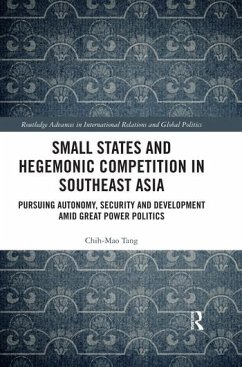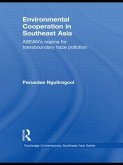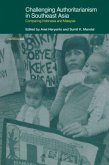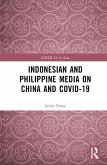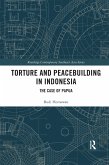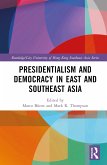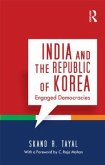In the last few decades, Southeast Asia has become generally more peaceful and more prosperous, with progress in economic development, regional cooperation and integration. ASEAN in particular plays a leading role within and beyond the region in promoting multilateral cooperation in both security and economic matters. All these developments progress amid increasing hegemonic competition between the US and China for regional dominance in the Asia-Pacific region. According to the realist viewpoint of international politics, Southeast Asian states can do nothing but choose sides at the expense of international political autonomy in order to maintain their national interests. Tang argues, however, that in fact there exists an opportunity for Southeast Asian states to simultaneously reinforce their military security, economic development and international political autonomy in face of the US-China hegemonic competition. Drawing on the ideas of power transition theory and recent works of capitalist peace, Tang argues that small states can exploit the competition between great powers to make economic gains and ensure security while maintaining their autonomy. He outlines the necessity of cooperation among these small states and of economic liberalization for the effectiveness of this reinforcing dynamics, applying policy and econometric analyses to a wide range of qualitative and quantitative data.
Hinweis: Dieser Artikel kann nur an eine deutsche Lieferadresse ausgeliefert werden.
Hinweis: Dieser Artikel kann nur an eine deutsche Lieferadresse ausgeliefert werden.

